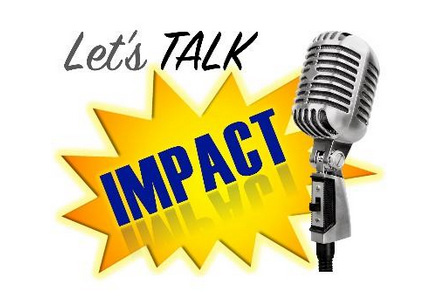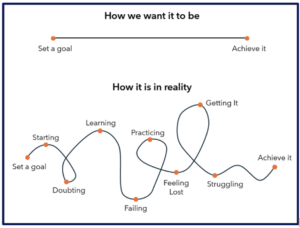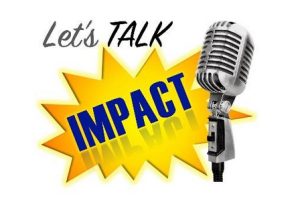Child abuse is preventable. Research shows that when society supports families, kids are less likely to suffer harm. The public support to families during the COVID-19 pandemic only supported that fact.
“I was grateful to see the evidence that those new investments through the COVID relief bills and other forms of community supports, and government investments in families, really did show us that prevention works,” said Amy Templeman, Director of Practice Excellence at Social Current.
Templeman was a guest on the Let’s Talk Impact podcast with Dr. Laura Pinsoneault, released July 5.
“When we invest in families, we improve child safety and wellbeing,” added Templeman. This point was demonstrated during the pandemic, when a variety of social supports were established to get families through the rough times.
- The rate of child abuse emergency department visits declined in the early months of the pandemic.
- Hospital admissions for child abuse fell sharply.
- Hospitalizations of infants for abusive head trauma dropped.
These reports came as no surprise to Illinois’ Verleaner Lane, either. Lane is Director of Cook County’s Project CHILD. She points to the varied social supports that ended up protecting kids and strengthened families. They included child tax credits, stimulus checks and an eviction moratorium. While all of these supports were beneficial, Lane emphasized how important it is to properly train those who interact with families in distress.
“A lot of things are preventable but we need to keep training people,” referring to the professionals who first encounter families and children who are struggling. Typically, she says the training would concentrate on the social services department’s new hires and seasonal staff. But through Project CHILD, they added law enforcement, pediatricians, nurses and parents.
This is exactly the approach needed, says Dr. Betsy Goulet, Director of the University of Illinois-Springfield’s Alliance for Experiential Problem-Based Learning.
“The front line still needs to better understand trauma,” says Goulet. She notes that pilots get extensive training in simulators before they can fly an airliner, and the same approach is essential for those intervening in family crisis situations. Such training helps avoid “anchoring in on first gut feelings” about a situation, as research shows that that tends to support confirmation bias based on prior experience.
Goulet says first responders must ask themselves, what else could be going on here? How can we help? These are the questions that aid in the understanding of trauma. When such inquiry happens in the moment, we have a much better chance at resolving a difficult family situation.
Amy Templeman, from Social Current, notes 5 evidence-based “protective factors,” which are key areas to address that will ultimately protect kids from harm:
- Parental resilience
- Social connections
- Concrete supports in times of need
- Knowledge of parenting child development
- Social and emotional competence of children
Templeman says these pillars are the roadmap that leads to smart policy for protecting kids. Such policies should include shifting power to parents and the community, as far as developing solutions, addressing discrimination and bias in the child protection system and improving communication that regularly emphasizes that “child abuse and neglect are public, preventable and solvable issues.”
Hear the entire discussion on strengthening families by listening to the Let’s Talk Impact podcast here.






